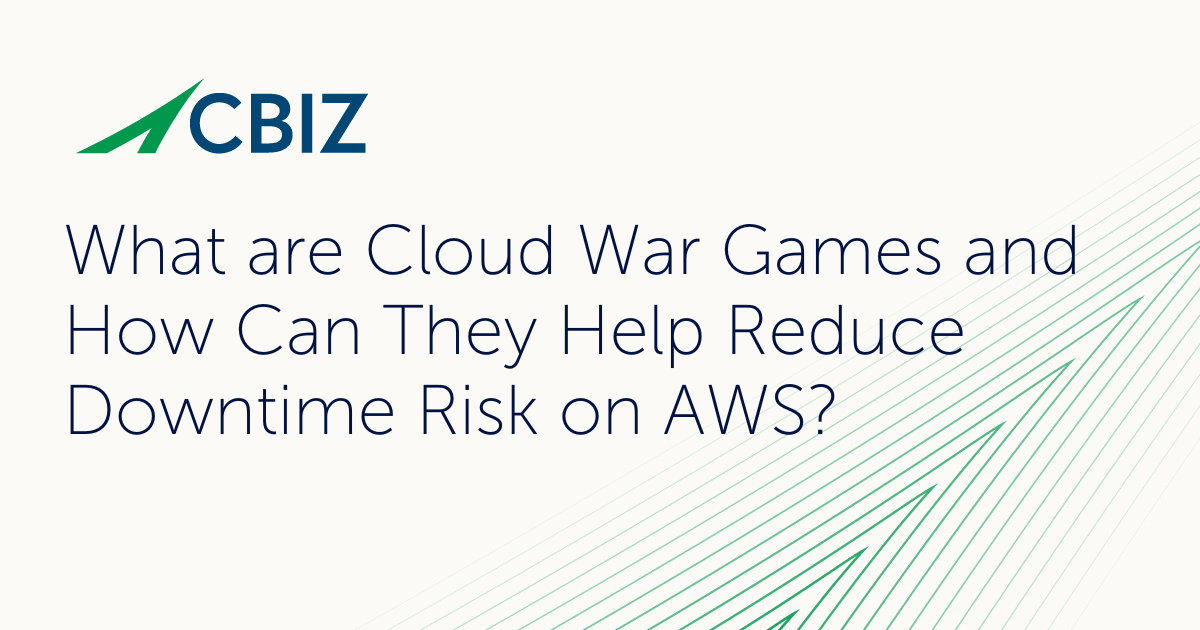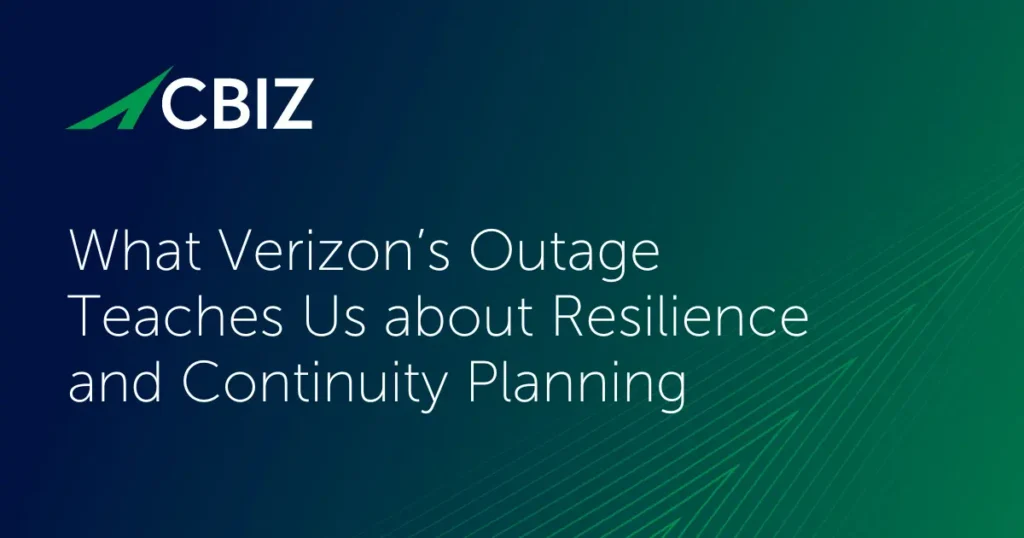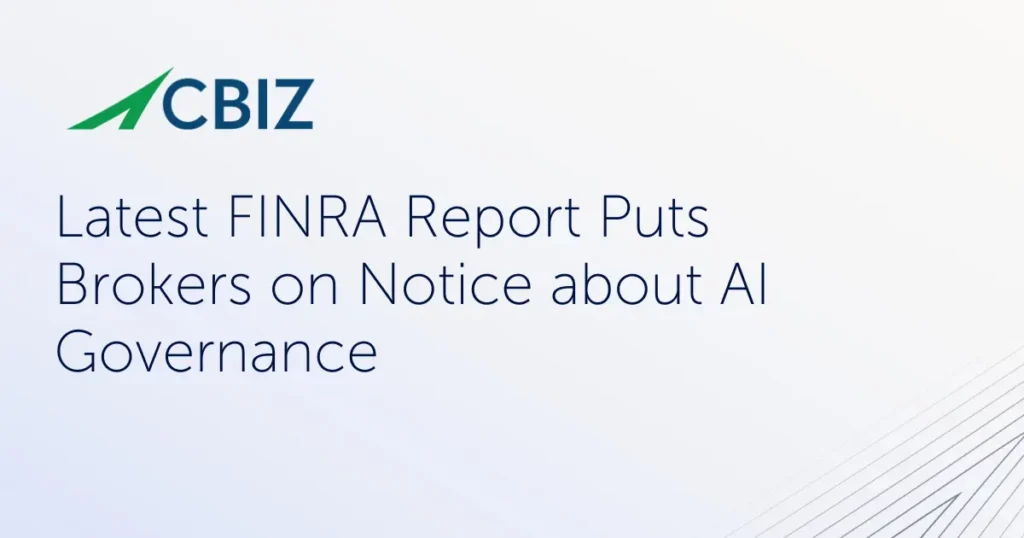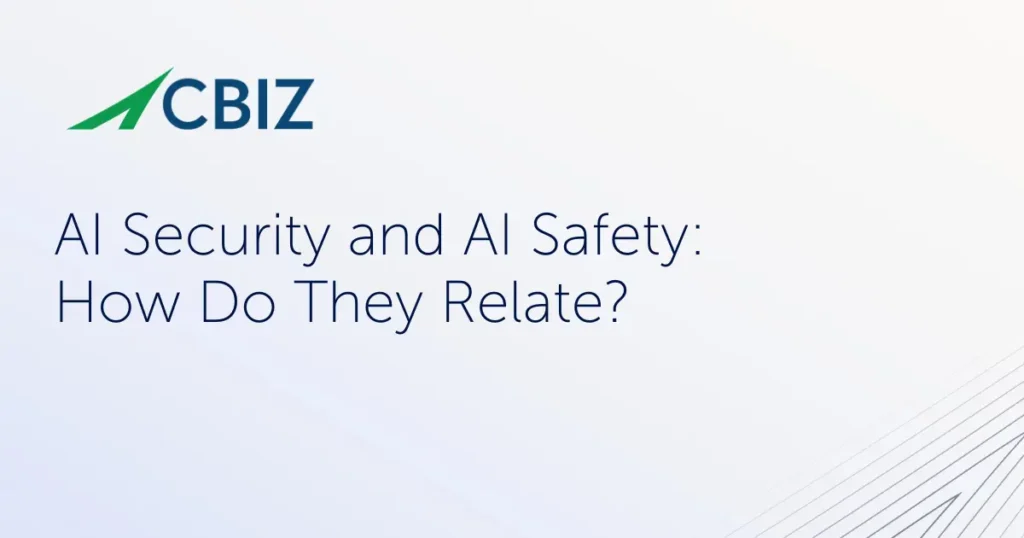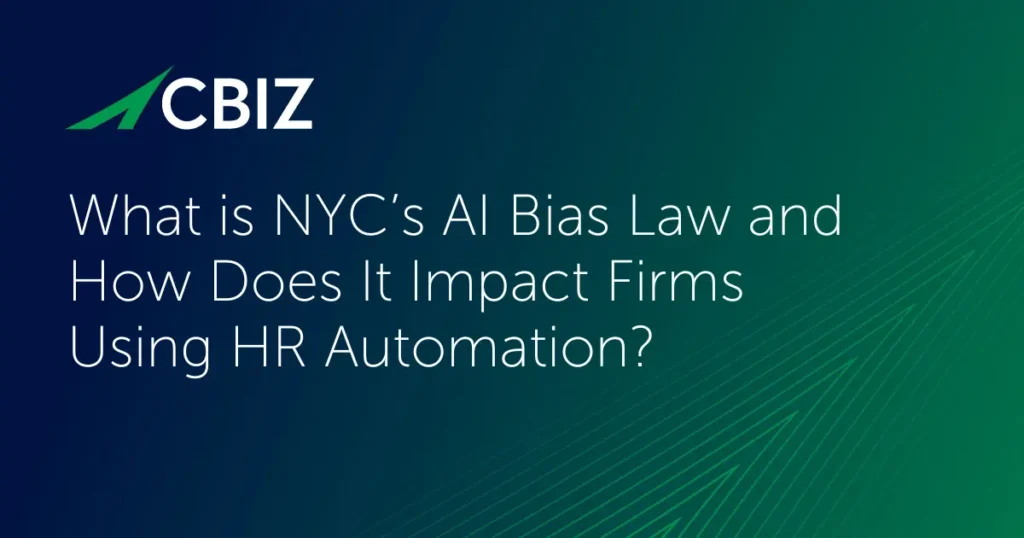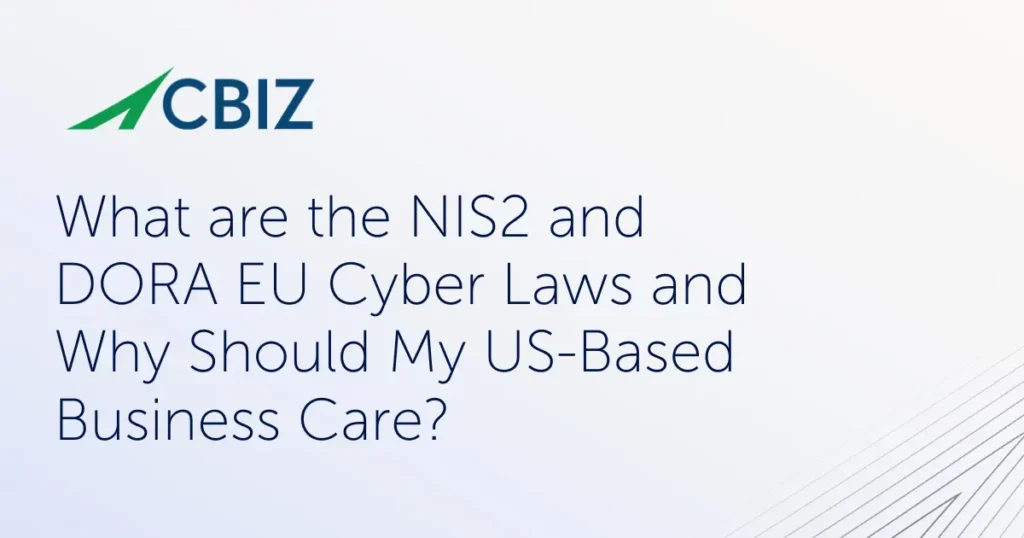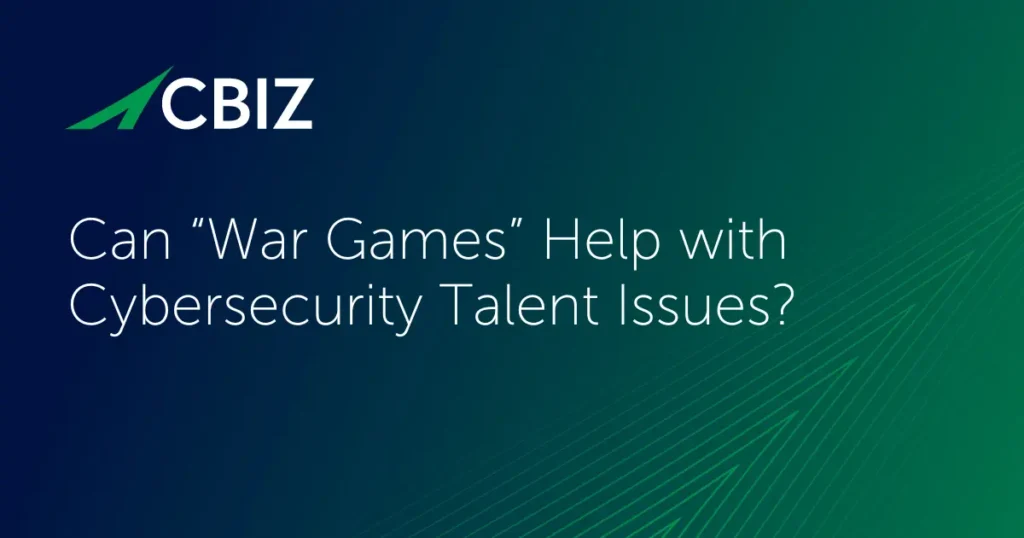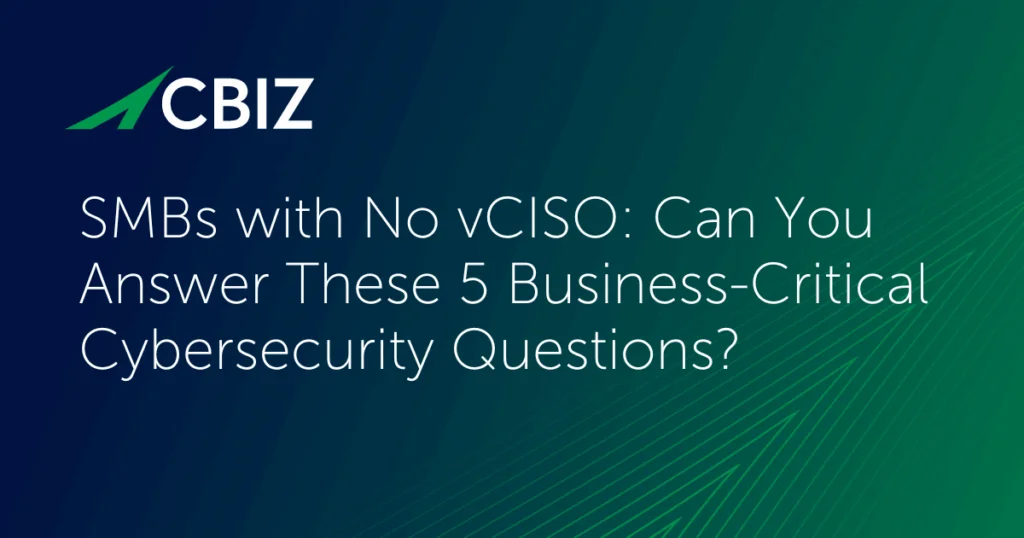Last Updated on November 26, 2025
Business war gaming is nothing new. But like everything digital, it needs to transform with the times to stay relevant.
In a digital or cybersecurity context, war games are typically well-planned simulations taking place in controlled environments. The chosen scenario helps IT teams identify vulnerabilities, envision new problem-solving approaches, and build skills solving technical challenges under pressure.
War games can improve a firm’s digital resilience by reducing downtime risk. For many organizations, such as “born on the cloud” SaaS startups, downtime risk for their production application can be massive. Yet cloud downtime risk can be challenging to address in a war games scenario because each cloud environment is unique.
Enter Cloud War Games, a new breed of business war gaming that focuses on Amazon Web Services (AWS) environments. This article explains how Cloud War Games work and how they can benefit modern businesses and DevOps professionals.
Key takeaways
- Cloud War Games seeks to offer the skill-building potential of real-world incidents without the risk of crashing production applications and/or breaking AWS infrastructure.
- Cloud War Games scenarios can be real-time competitions, collaborative exercises, or individual on-demand experiences.
- Cloud War Games style activities can be customized to varying degrees to simulate a specific production environment.
- Cloud War Games type simulations are available to both individual practitioners and organizations/teams.
- Cloud War Games participants include DevOps professionals, cloud architects, AWS specialists, IT managers, and IT staff looking to enhance their job prospects by mastering AWS skills.
What is Cloud War Games and how is it different from other scenario testing?
Most scenario testing allows teams to evaluate their operational resilience and disaster preparedness by simulating a preplanned incident in a “sandbox” type environment. The goal is to better understand real-world downtime threats (e.g., a “multi-extortion” ransomware attack) and thus reduce risk—before an actual event throws your risk management process under the bus.
The problem is that most scenario testing, never mind YouTubes and online tutorials, don’t give DevOps professionals practice with live incidents. But nobody really wants to practice on real-life AWS failure scenarios, either.
Cloud War Games is a training initiative designed to prepare professionals for real-world incident scenarios. It offers a uniquely valuable skill-building environment and confidence builder that accurately simulates real crashes and failures without risking real AWS infrastructure.
According to Matt Lea, Founder at Schematical.com and creator of Cloud War Games: “When production is on fire, theory isn’t enough. Cloud War Games delivers the closest thing to on-call chaos without paging your team at 2:00 a.m.”
Some of the advantages of Cloud War Games include:
- Hands-on troubleshooting exercises that mimic real AWS failures your team can encounter.
- Team members can receive scenarios via email so they can practice anytime.
- Participants are encouraged to “Break. Fix. Learn.”
- Every scenario is a new opportunity to build AWS engineering and problem-solving skills.
“There’s a huge benefit to being able to come up to speed very fast when an incident occurs,” summarizes Matt.
What is the Cloud Demolition League?
The Cloud Demolition League and Cloud War Games Live are two Cloud War Games event scenarios that give AWS engineers a chance to compete head-to-head in solving AWS failure scenarios.
A Cloud Demolition League event is a simulated AWS incident where participants:
- Receive a briefing on the upcoming challenge.
- Watch as something breaks in the simulated AWS environment.
- Work to identify the root cause of the simulated incident under time and competitive pressure.
- Leverage AWS skills to fix the issue.
- Review the experience and lessons learned.
Cloud War Games Live works like a Cloud Demolition League event, the main difference being that it is streamed online live and includes both participants and observers. Cloud War Games offer both competitive and collaborative exercises, so participants can solve problems both individually and collaboratively.
Who should participate in Cloud War Games events?
Cloud War Games can benefit not only organizations but also technical professionals. Some of the roles that can benefit most from Cloud War Games participation include:
- DevOps professionals
- Site Reliability Engineering (SRE) professionals
- Cloud architects and senior technologists
- AWS engineers
- IT managers and technical leads
- Technical professionals making career transitions to cloud infrastructure positions
- Anyone who wants hands-on exposure to AWS incident response and operational best practices
Can Cloud War Games exercises be customized?
The closer a test scenario resembles a firm’s production environment, the more realistic the experience will be for participants and the more valuable the outcomes. Yet “generic” simulations also offer significant value because so many vulnerabilities (e.g., security misconfigurations, poor access management, risky API usage) are common to many environments.
Cloud War Games events and Schematical.com services can both be designed for a customer’s specific needs. It’s also possible to customize a few variables within the “standard” scenario.
How can Cloud War Games benefit our company?
Matt Lea shares that many Cloud War Games customers are technology startups that prioritize uptime over security for their customer-facing applications. These businesses often need to keep services running as they build a customer base, with other concerns being secondary.
Enhancing its engineering skills base can obviously help a business increase uptime for critical applications. Building skills also helps individual practitioners and teams to build and document marketable skills, attain better jobs, and receive better pay and benefits.
Some of the benefits of Cloud War Games for organizations and individual participants include:
- Better digital resilience and crisis management. Both competitive and individual scenarios can help businesses prepare for and weather crises of all kinds, potentially including cyberattacks.
- Enhanced individual and collaborative decision-making under pressure. With its collaborative options, Cloud War Games events can help teams learn to work together and share knowledge as they gain individual experience and confidence.
- Exposing weaknesses, misconfigurations, and other gaps in the AWS environment. Knowledge gained in simulations can help illustrate or shed light on potential issues in the production environment.
What’s next?
For more guidance on this topic, listen to Episode 155 of The Virtual CISO Podcast with guest Matt Lea, Founder at Schematical.com.






